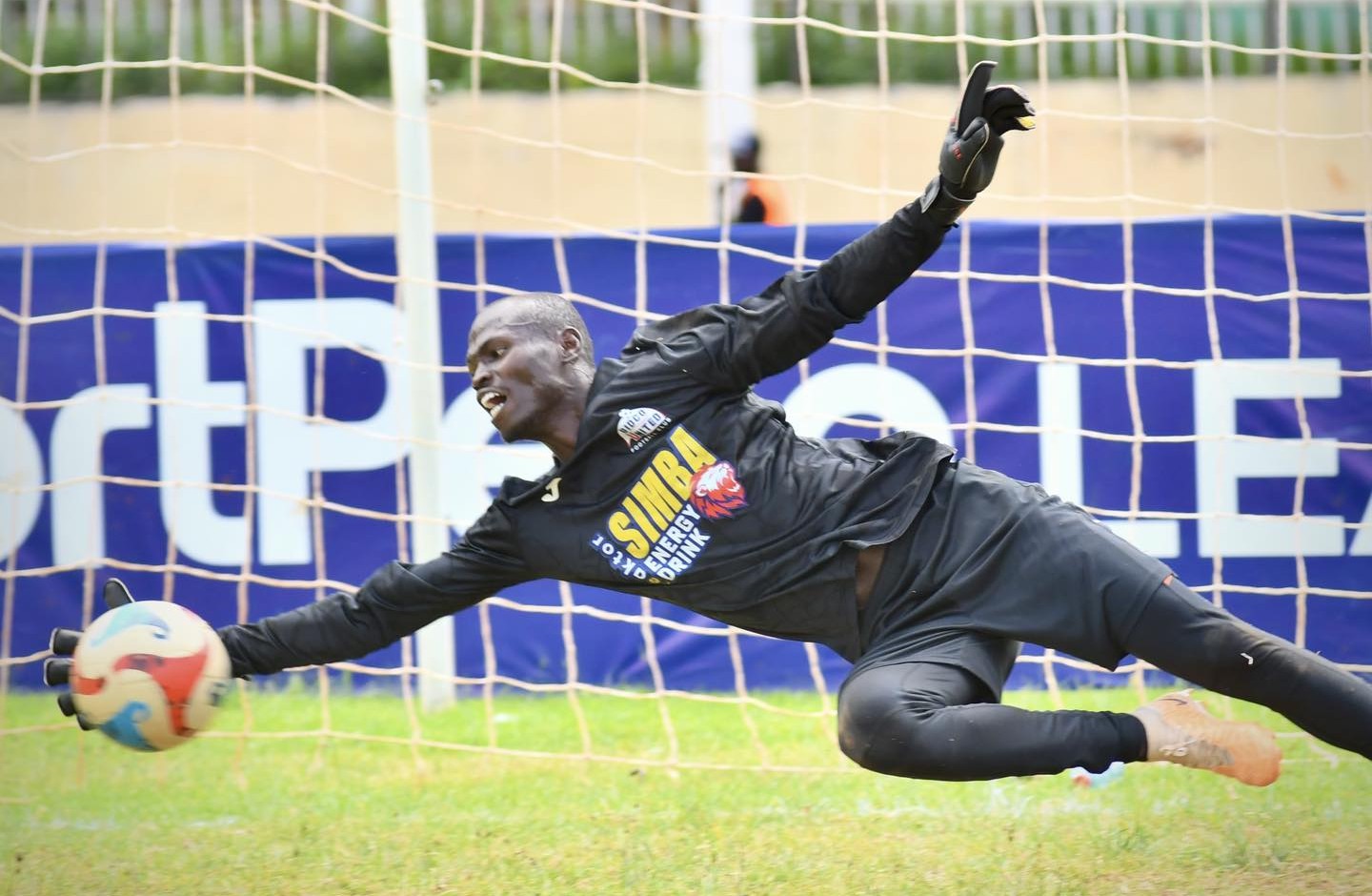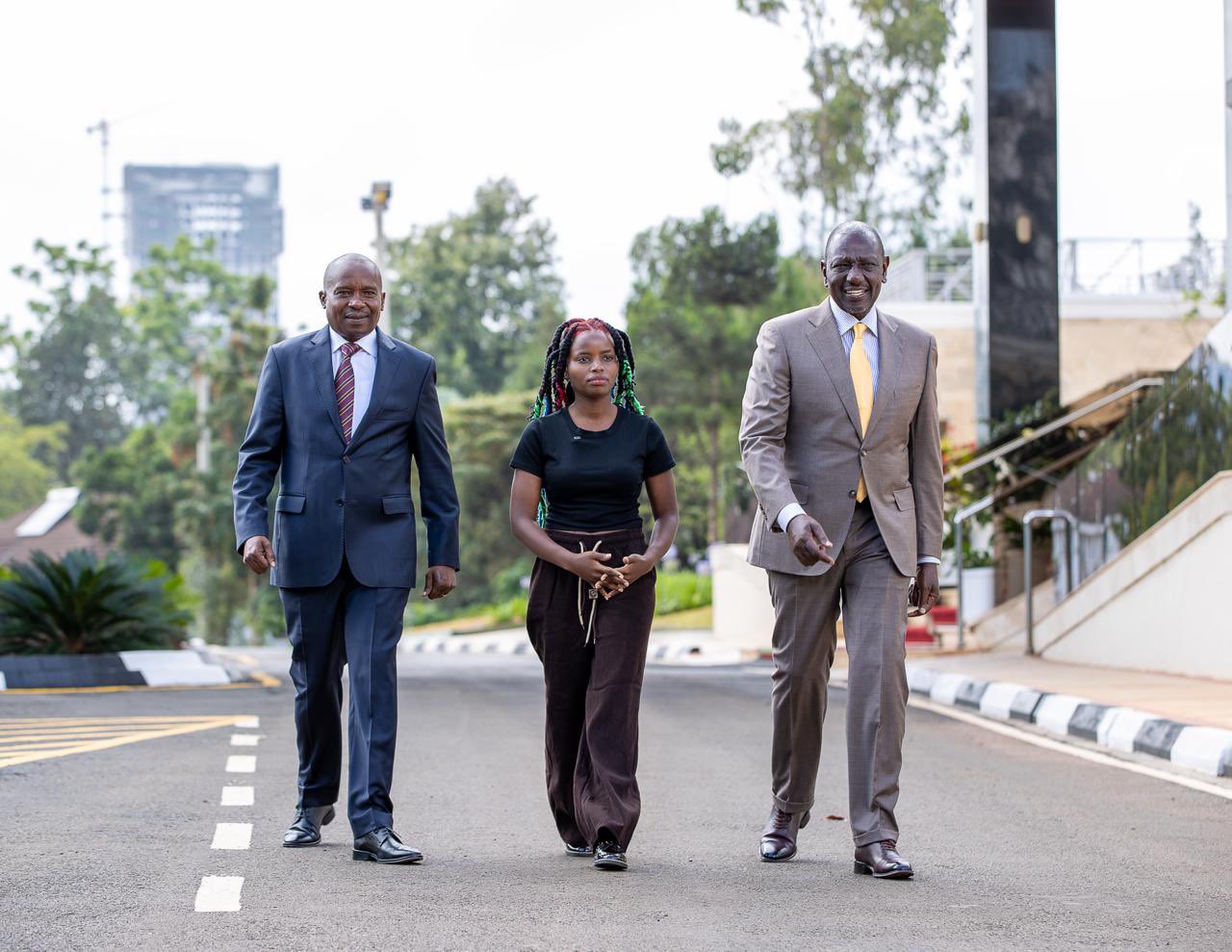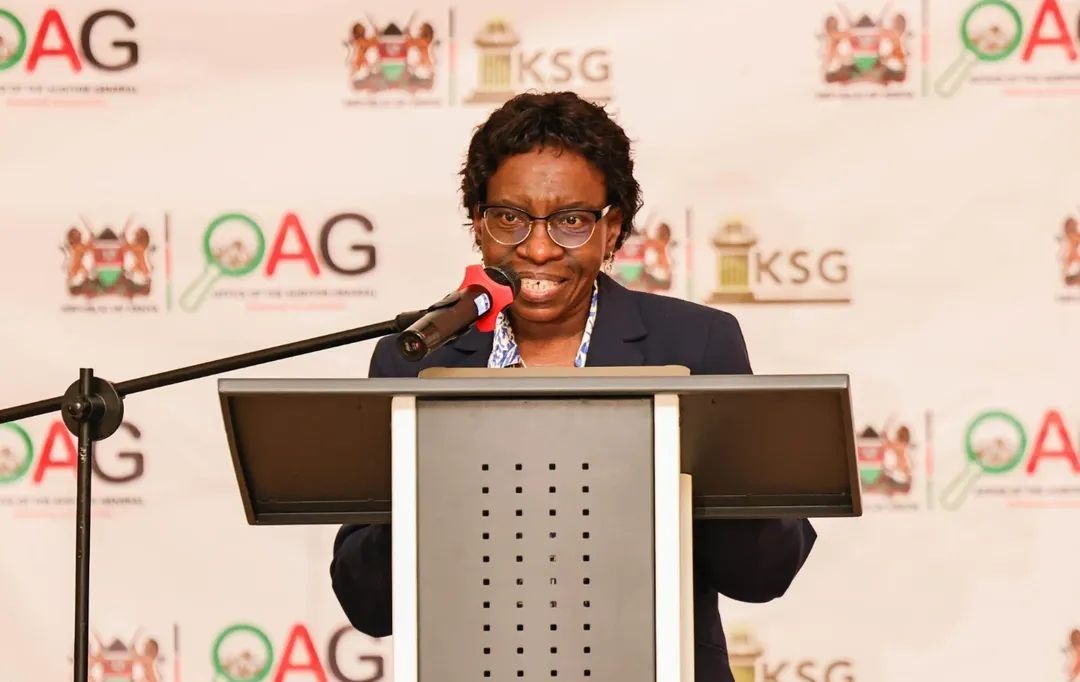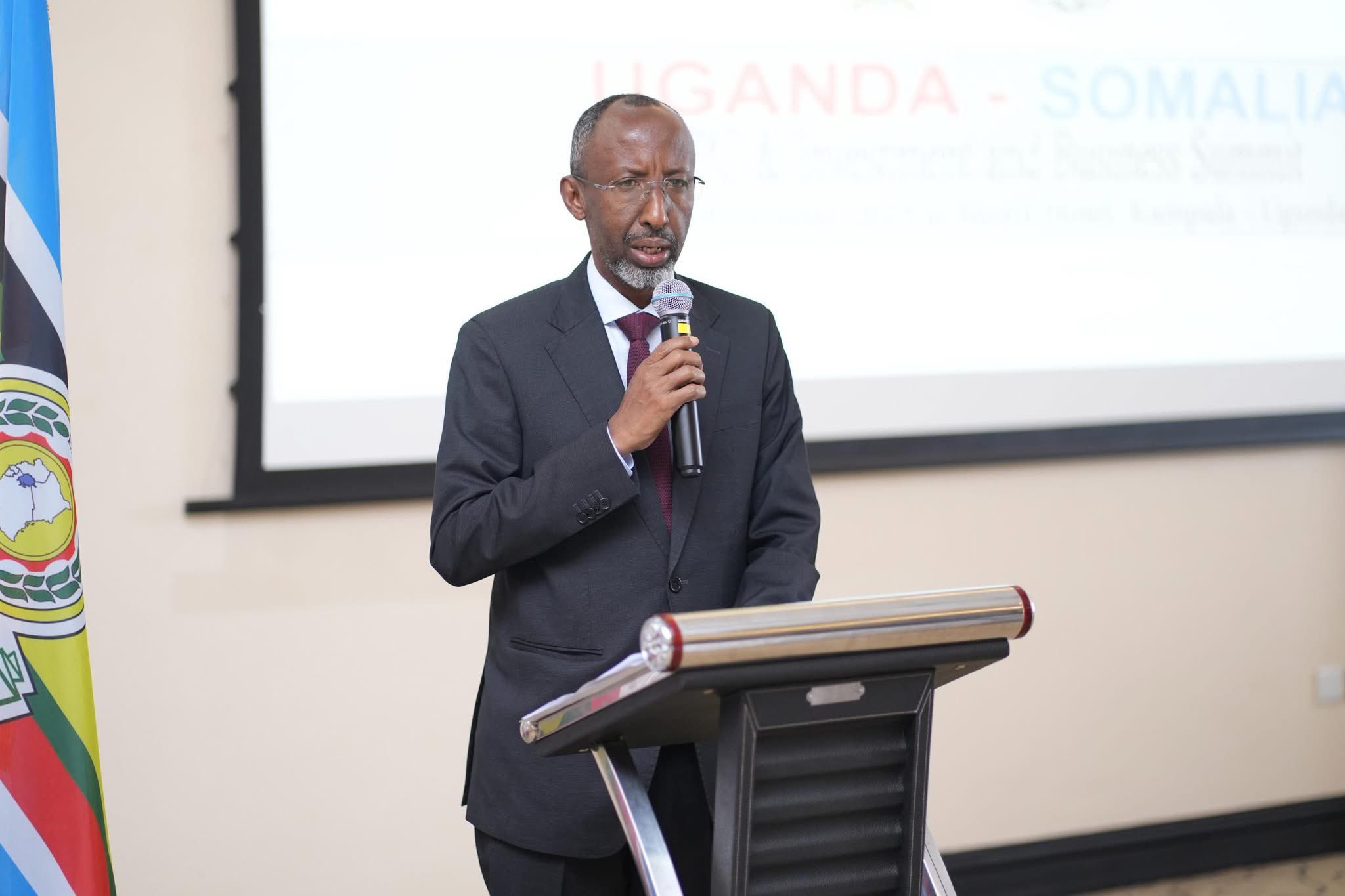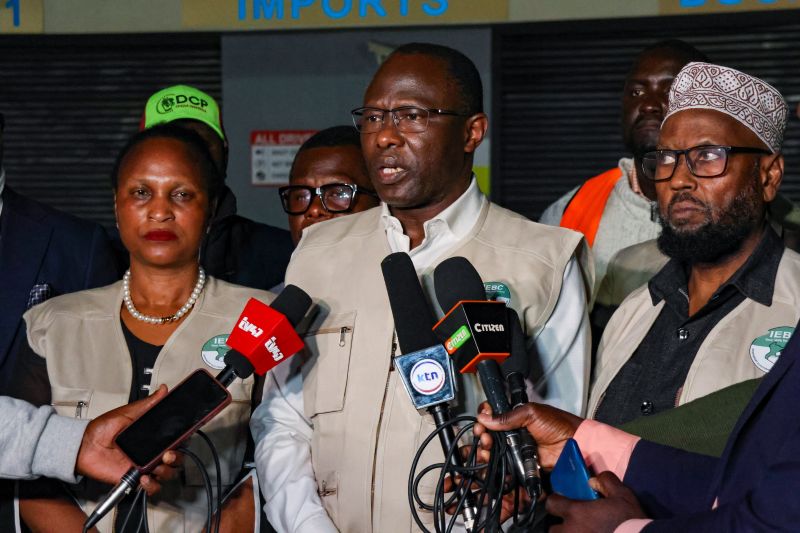Benin's Haiti deployment hinges on military leadership, opposes Kenyan-led force
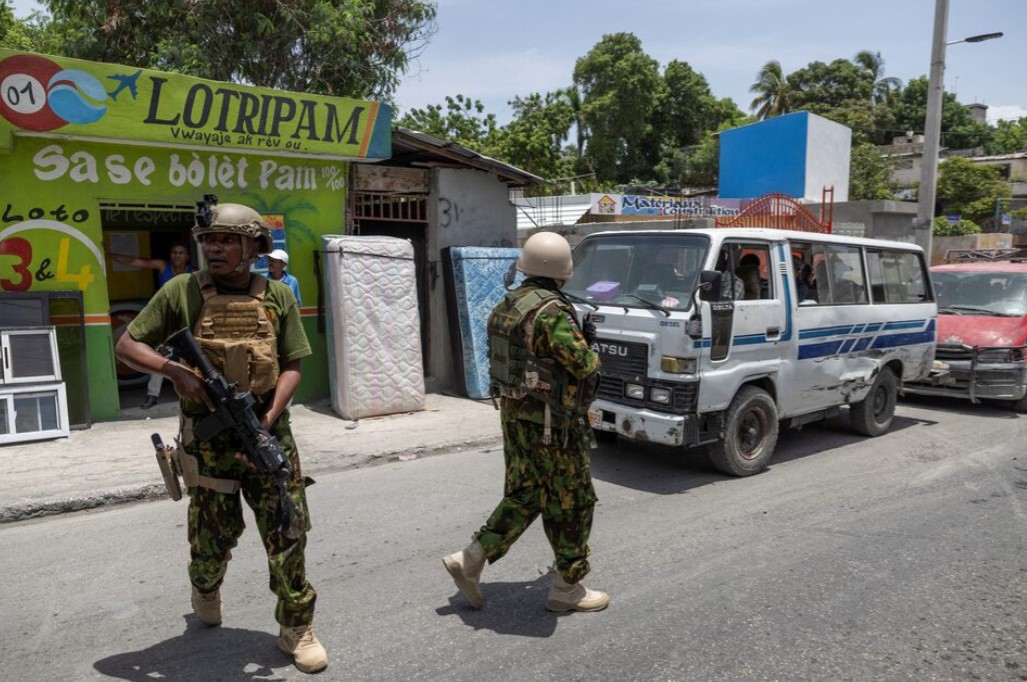
Benin remains keen on contributing up to 2,000 troops to the Kenyan-led Multinational Security Support Mission in Haiti but with one key condition: the mission must be military-led, not under the control of the Kenya Police.
The West African nation is expected to be a crucial partner in the multinational effort to help Haiti combat violent gangs, pledging the largest single force of 1,500 to 2,000 soldiers.
More To Read
- 230 Kenyan officers arrive home from Haiti as nation honours their heroic service
- ‘Kenya can’t do it alone’: US urges more nations to join Haiti’s Gang Suppression Force
- Gang Suppression Force denies reports of Kenyan police deaths in Haiti
- Security Council renews Haiti sanctions
- Russia rebukes Nairobi over 'unanimous' Haiti vote claim
- Kenya welcomes new UN-backed Gang Suppression Force in Haiti
These troops would also be the only native French speakers involved in the campaign.
However, Benin's deployment plans appear to be on hold.
In an exclusive interview with the Miami Herald, Benin's Foreign Minister, Shegun Adjadi Bakari, discussed the concerns.
The key issue is determining who the Beninese troops would report to once deployed to Haiti and whether the international effort to stabilize and secure Haiti for elections should be led by police or military forces.
"Our position and our commitment remain the same, to help Haiti," Foreign Minister Bakari told the Miami Herald.
"But since the beginning...we said clearly, what Haiti needs is not a police mission. We believe that we need a military mission in Haiti to fight against gangs, restore the security in the country, and restore stability, which is a prerequisite for any election."
Vital
Benin's participation is considered vital for the mission's success, especially as its population speaks French, like many Haitians.
This linguistic alignment would provide a significant advantage in communication and coordination efforts on the ground.
The Kenyan police, who lead the mission, are an English-speaking force with no knowledge of French or Creole, the widely spoken languages in the Caribbean nation.
The first contingent of 400 Kenyan police officers began arriving in Haiti in late June.
Recently, they were joined by 25 Caribbean security personnel, including members of the Jamaican military and police force, as well as two members of Belize's military.
The team has expressed dissatisfaction with the funding and lack of specialized security equipment, given the mission's highly specialized nature.
The operation is funded by member states, with the U.S. being the largest funder and orchestrator of the mission.
Top Stories Today
Reader Comments
Trending
